The Role of Thermistors in Temperature Control Systems
Dec 18, 2024Temperature control is critical in many of the devices and systems we use every day—from home appliances to industrial machines and even medical devices. In these systems, thermistors play an essential role, ensuring that the temperature is monitored and regulated precisely. This article explores how thermistors work, why they are used in temperature control systems, and what makes them so effective for these applications.
A thermistor is a type of resistor whose resistance changes significantly with temperature. The term thermistor is derived from "thermal" and "resistor," highlighting its function as a temperature-sensitive resistor. Depending on the material and design, thermistors can either increase or decrease their resistance in response to temperature changes.
There are two main types of thermistors:
1. NTC Thermistors (Negative Temperature Coefficient):
- NTC thermistors decrease in resistance as temperature rises.
- They are commonly used for precise temperature sensing and control in applications such as heating systems, refrigerators, and medical equipment.
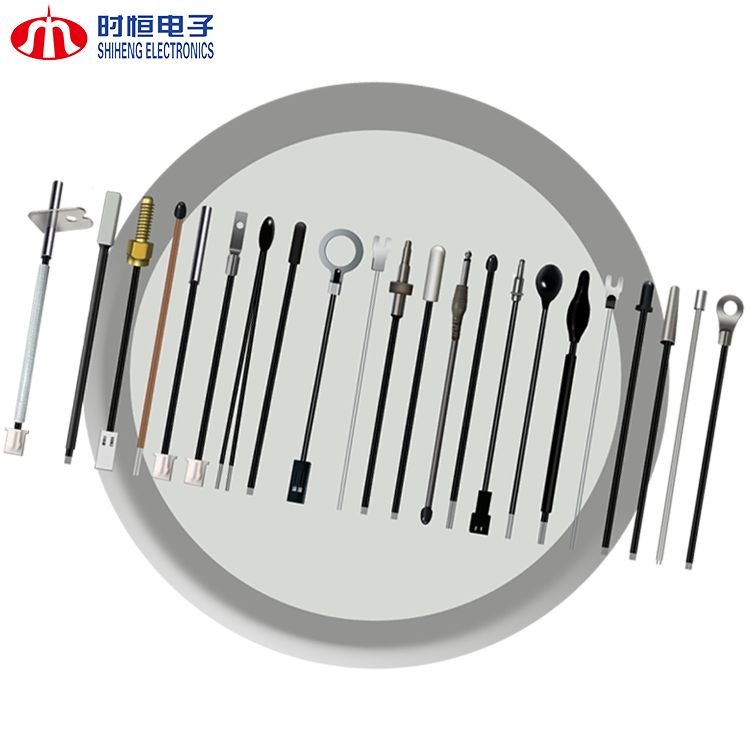
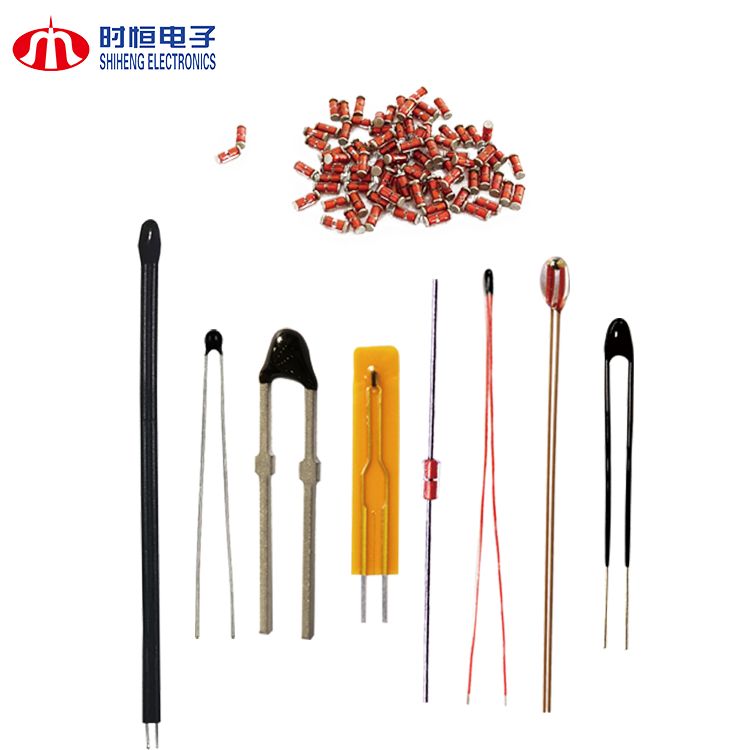
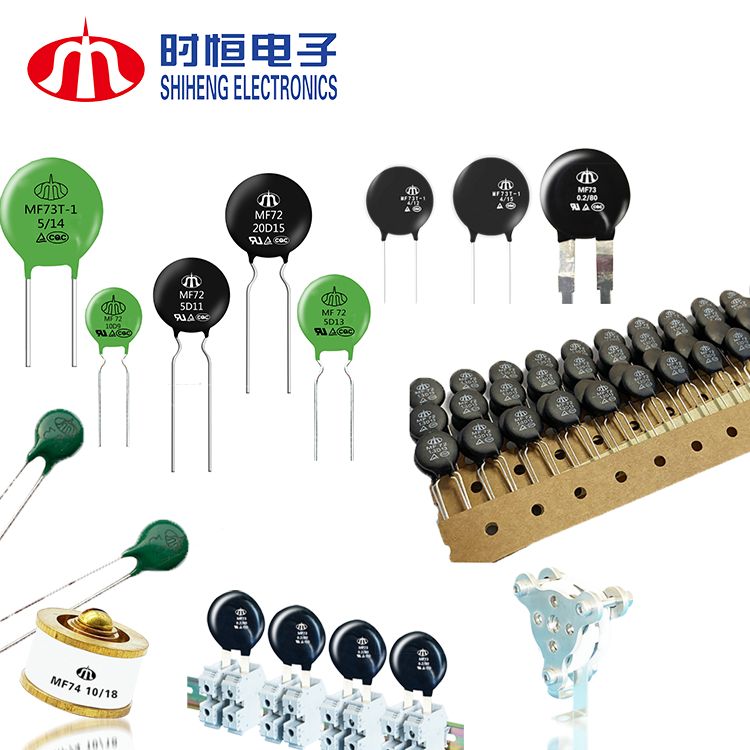
2. PTC Thermistors (Positive Temperature Coefficient):
- PTC thermistors increase in resistance as temperature rises.
- These thermistors are often used for overcurrent protection and self-regulating heating elements, found in devices like circuit breakers, de-icing systems, and thermistors in heating pads.
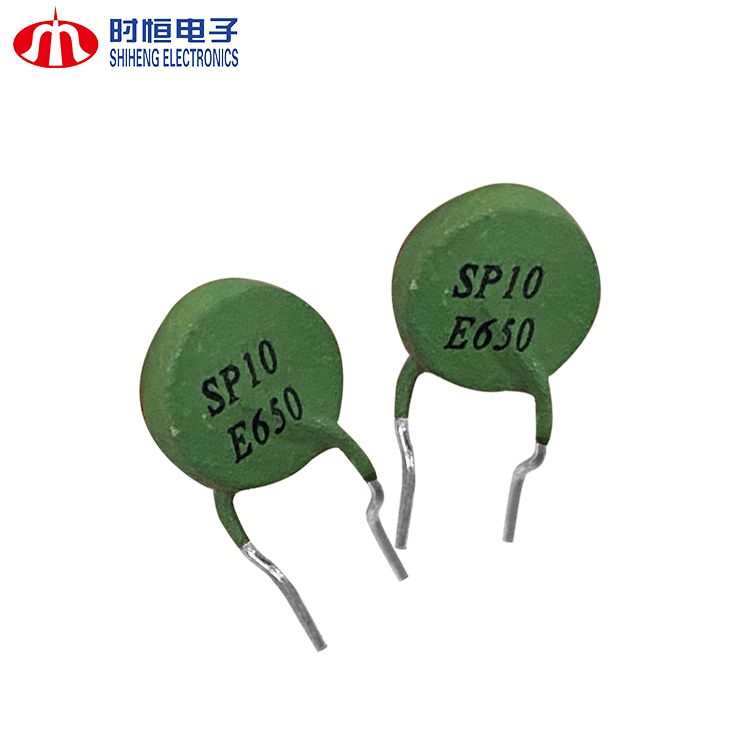
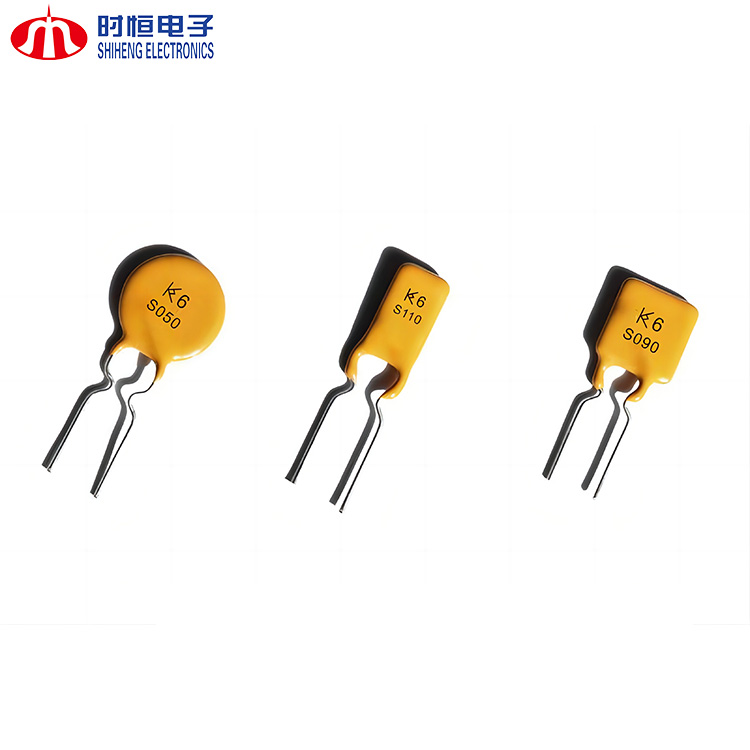
How Do Thermistors Work in Temperature Control?
Thermistors work by taking advantage of their resistance changes in response to temperature fluctuations. In a typical temperature control system, a thermistor is part of a voltage divider circuit. As the temperature changes, the thermistor's resistance changes as well, which in turn causes the voltage in the circuit to change. This voltage change is then read by the control system, which makes adjustments to maintain the desired temperature.
For example, in a thermostat, an NTC thermistor might be used to monitor the temperature of a room. As the room temperature rises, the thermistor’s resistance decreases, signaling the thermostat to turn off the heater. Conversely, as the temperature drops, the resistance increases, causing the thermostat to turn the heater back on.
Applications of Thermistors in Temperature Control Systems
1. Home Appliances:
Thermistors are used in many household devices such as refrigerators, washing machines, and air conditioners. For example, in refrigerators, NTC thermistors monitor the temperature inside to ensure food stays at safe temperatures, preventing spoilage.
2. HVAC Systems:
In heating, ventilation, and air conditioning (HVAC) systems, thermistors provide precise temperature feedback to regulate airflow and cooling. They ensure that the system maintains a comfortable and consistent indoor climate while optimizing energy efficiency.
3. Medical Devices:
In medical equipment, precise temperature control is critical. Thermistors are used in incubators, thermometers, and even in the temperature regulation of sensitive instruments like blood analyzers.
4. Battery Management Systems:
In electric vehicles and other battery-powered devices, NTC thermistors are used to monitor the temperature of batteries. By ensuring that the battery operates within a safe temperature range, thermistors help extend battery life and prevent overheating.
5. Industrial Equipment:
Thermistors are widely used in industrial machinery, where they help monitor temperatures to prevent overheating. They are used in transformers, motors, and other equipment that require precise temperature regulation to avoid damage and ensure smooth operation.
Why Are Thermistors So Effective for Temperature Control?
- High Sensitivity: Thermistors are highly sensitive to small temperature changes, making them ideal for precise control.
- Quick Response Time: Their ability to react quickly to temperature fluctuations makes thermistors ideal for real-time temperature monitoring and control.
- Reliability: Thermistors are durable and reliable, capable of operating in a wide range of temperatures and environments.
- Cost-Effective: Compared to other temperature-sensing devices, thermistors are relatively inexpensive, making them a popular choice in both consumer and industrial applications.
Thermistors are essential components in temperature control systems, offering precise and reliable temperature sensing. Their ability to quickly respond to temperature changes makes them a key component in a wide range of applications, from household appliances to industrial machinery and medical devices. Whether used for energy efficiency, safety, or performance optimization, thermistors play an indispensable role in maintaining the proper temperature in countless systems we rely on every day.
At Nanjing Shiheng Electronic Technology Co., Ltd., we are committed to providing high-quality thermistors and temperature sensors for various industries. Our products are designed to ensure precise temperature control and enhance the performance of the systems they serve.